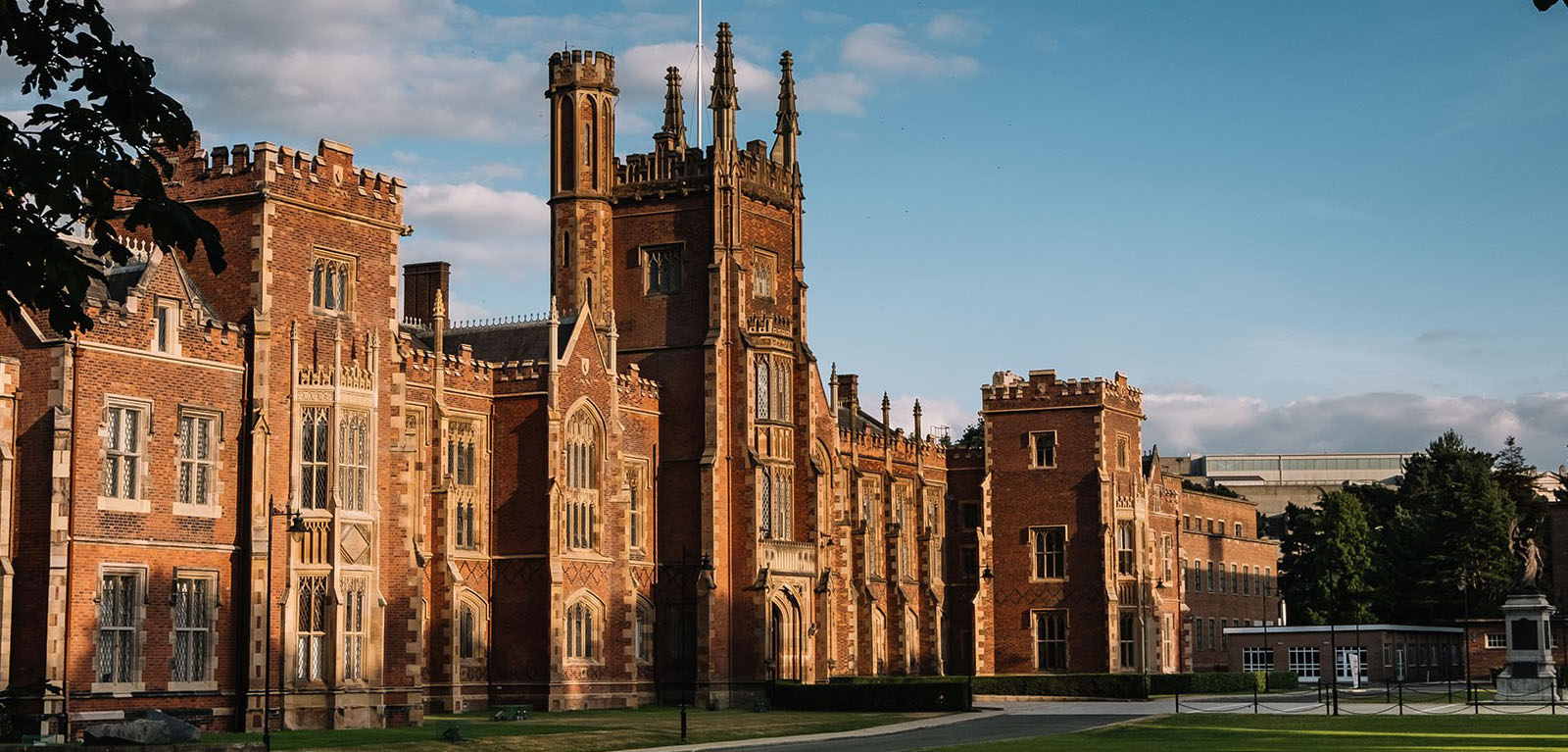Major boost to European plasma accelerator facility
Queen’s University Belfast researchers are part of a European project which has been given a major funding boost of €3m to develop a user-ready plasma accelerator facility.

The project, which is named EuPRAXIA, is the first dedicated particle accelerator research infrastructure based on novel plasma acceleration concepts and laser technology.
Professor Gianluca Sarri from the School of Mathematics and Physics at Queen’s University Belfast is one of the leaders of the project. He explains: “Particle accelerators have revolutionised society’s understanding of physics and are applied virtually everywhere in healthcare and industry. However, they tend to be bulky and expensive.
“Research shows that this problem can now be avoided by using high-power lasers, which have the potential to build compact, cost-effective, and high-performance machines. This is the main aim of the EuPRAXIA project - to build the first ever laser-based particle accelerator that will dramatically reduce the cost and size of these machines. This will result in greater and wider impact for society and industry.”
The EU and the UK Research and Innovation Guarantee Funds have awarded €3m to the EuPRAXIA Preparatory Phase (PP), which includes 34 participating institutes from the United Kingdown, Italy, Czech Republic, France, Germany, Greece, Hungary, Israel, Portugal, Spain, Switzerland, USA and CERN as an International Organisation.
The new grant will give the consortium a unique chance to prepare over the next four years the full implementation and realisation of EuPRAXIA. It will fund 11 researchers for the four-year project, with another 21 researchers to be hired in kind by the Universities and Research Institutes involved.
This Preparatory Phase project will define the full implementation of the €569m EuPRAXIA facility as a new, distributed ESFRI Research Infrastructure for Europe.
Professor Gianluca Sarri says: “This is a unique opportunity for boosting our capabilities in experimental research with exciting and deep implications not only for fundamental science but also for industrial and societal applications. The research will help to advance knowledge and understanding, using cutting-edge research, in areas such as diverse as healthcare, material science, and homeland security.”
The coordinator of the EuPRAXIA consortium, Dr Ralph Assmann, senior research associate at INFN and Leading Scientist for Accelerator R&D at DESY, says: “This additional success for our accelerator field has been achieved thanks to the excellence, ingenuity and hard work of several hundreds of physicists, engineers, students and support staff, who worked on EuPRAXIA since 2015, connecting 50 institutes and industries from 15 countries in Europe, Asia and the United States.”
For full information on the project, please visit https://www.eupraxia-dn.org/
Media
For media inquiries, please contact emma.gallagher@qub.ac.uk